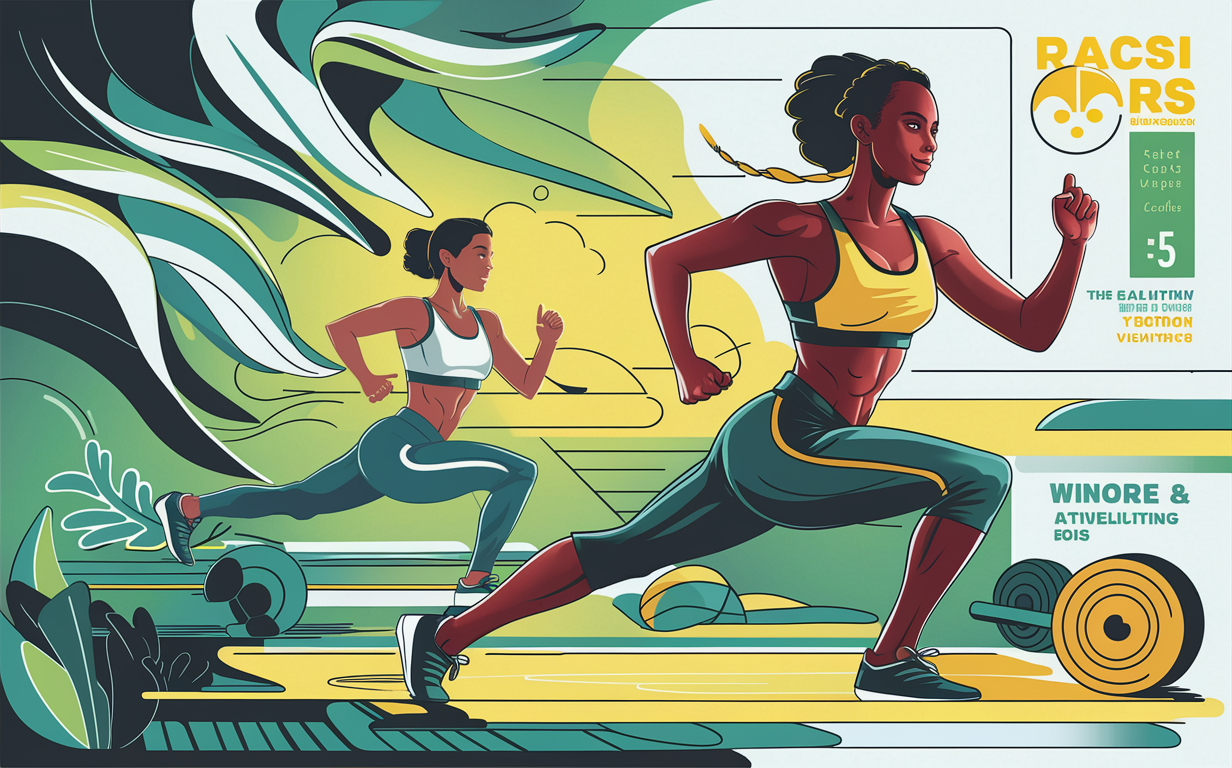Women have unique nutritional needs, especially when leading an active lifestyle. Proper nutrition is key to supporting your fitness goals, maintaining energy levels, and promoting overall health. In this article, we’ll cover the essential nutrition tips every active woman should know to optimize her well-being and performance.

Women’s bodies have different nutritional requirements than men’s. Factors like menstrual cycles, pregnancy, and menopause all impact a woman’s nutrient needs. For example, women require more iron than men to replace what’s lost during menstruation. Iron deficiency can lead to fatigue, weakness, and impaired physical performance.
Women also need to pay special attention to bone health. After age 30, bone density starts to gradually decline. Getting enough calcium and vitamin D is critical for maintaining strong bones and preventing conditions like osteoporosis later in life. Low-fat dairy, leafy greens, and fortified foods are good sources of these nutrients.

As an active woman, your body requires the right fuel to perform at its best. Protein is essential for muscle recovery and growth. Aim to include lean protein sources like chicken, fish, legumes, and low-fat dairy at every meal. The American College of Sports Medicine recommends 1.2-1.4 grams of protein per kilogram of body weight for female athletes.
Carbohydrates are your body’s preferred energy source during exercise. Focus on complex carbs like whole grains, fruits, and vegetables which provide sustained energy. Simple carbs from refined grains and sweets cause blood sugar spikes and crashes. Time your carb intake strategically, eating more before and after workouts.
Don’t fear dietary fat – it plays important roles like hormone production and nutrient absorption. Emphasize healthy unsaturated fats from sources like nuts, seeds, avocados, and fatty fish. Limit saturated fats and avoid trans fats which can negatively impact heart health.

When you eat is just as important as what you eat. Properly timed meals and snacks help keep your energy levels stable and support workout recovery. Avoid exercising on an empty stomach which can lead to fatigue and poor performance. Have a small pre-workout snack containing both carbs and protein about an hour before training.
Post-workout nutrition is critical for recovery. Aim to eat a balanced meal containing carbs and protein within an hour of finishing exercise. This replenishes glycogen stores and provides amino acids for muscle repair. A post-workout snack can also tide you over until your next full meal.
| Timing | Nutrition Goals |
|---|---|
| Pre-workout | Provide energy, prevent hunger |
| During workout | Maintain hydration and blood sugar |
| Post-workout | Replenish glycogen, support muscle recovery |
| Between workouts | Stabilize energy, meet nutrient needs |

Proper hydration is essential for both athletic performance and overall health. Even mild dehydration can cause fatigue, headaches, and impaired physical and cognitive function. The American Council on Exercise recommends drinking 17-20 ounces of water 2-3 hours before exercise, 8 ounces 20-30 minutes before, and 7-10 ounces every 10-20 minutes during exercise.
Your fluid needs don’t end after your workout. Continue drinking water to replace what was lost through sweat. Check your urine color – if it’s light yellow, you’re well hydrated. Dark yellow indicates dehydration. In addition to water, you can meet fluid needs through foods like fruits, vegetables, and soups.

Consistency is key when it comes to nutrition and fitness. Yo-yo dieting and sporadic exercise won’t give you the long-term results you want. Instead, focus on making healthy eating a sustainable lifestyle. Incorporate these tips into your daily routine:
Remember, health is a journey, not a destination. It’s okay to have occasional slip-ups. The important thing is to get back on track with your next meal or workout. Celebrate your progress along the way and focus on how good healthy habits make you feel, not just how they make you look.
| Instead of… | Try this healthier option |
|---|---|
| Skipping meals | Eating balanced meals every 4-5 hours |
| Choosing processed snacks | Packing whole food snacks like trail mix |
| Drinking sugary beverages | Sipping water, tea, or seltzer |
| Eating mindlessly | Practicing portion control and intuitive eating |

Proper sports nutrition can seem overwhelming, but it doesn’t have to be complicated. Focus on the basics:
By putting these fundamentals into practice, you’ll be well on your way to supporting your active lifestyle and reaching your fitness goals. Remember, proper nutrition is an essential component of any successful training program. Fuel your body with the nutrients it needs to perform at its best and enjoy the process of becoming your healthiest self!